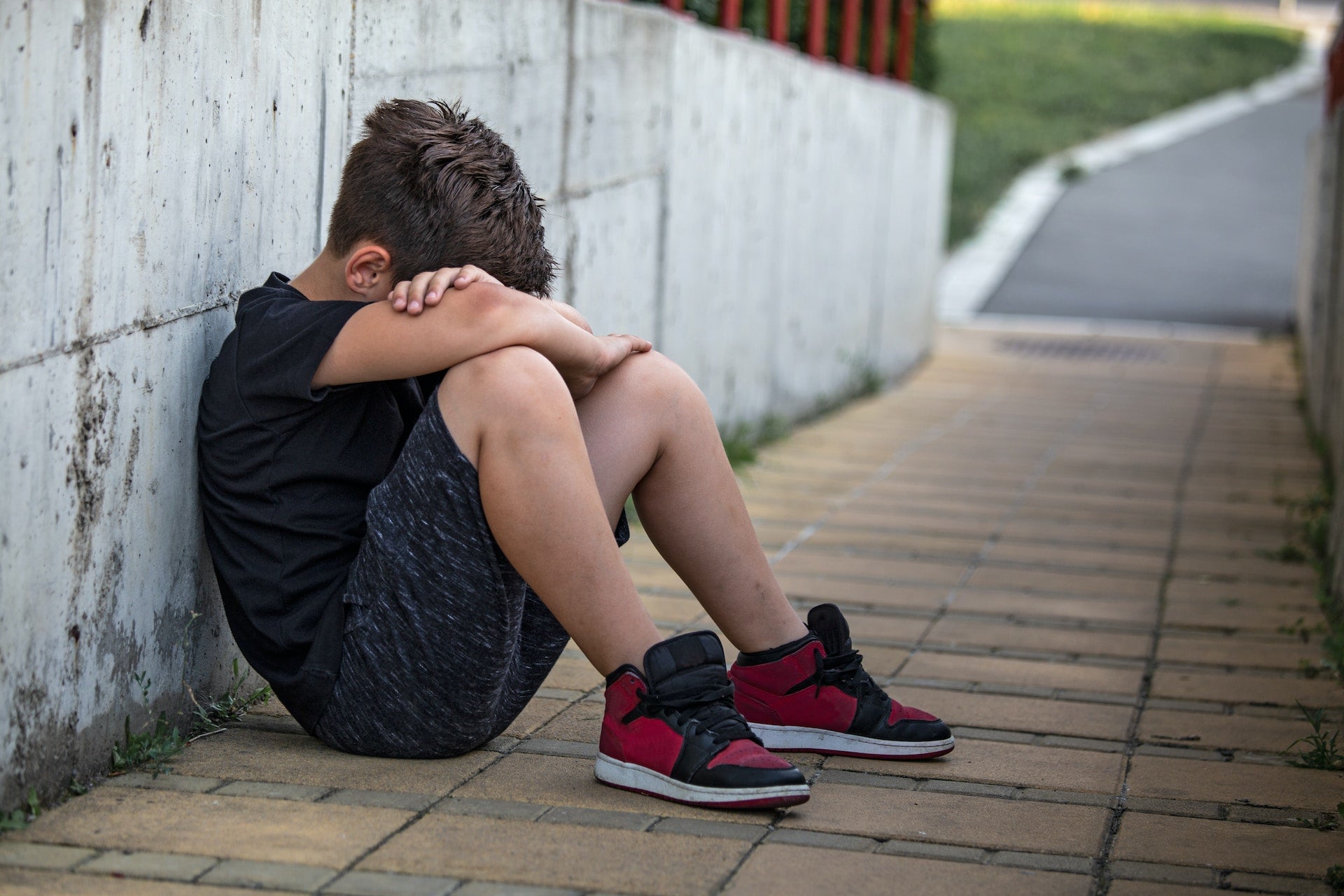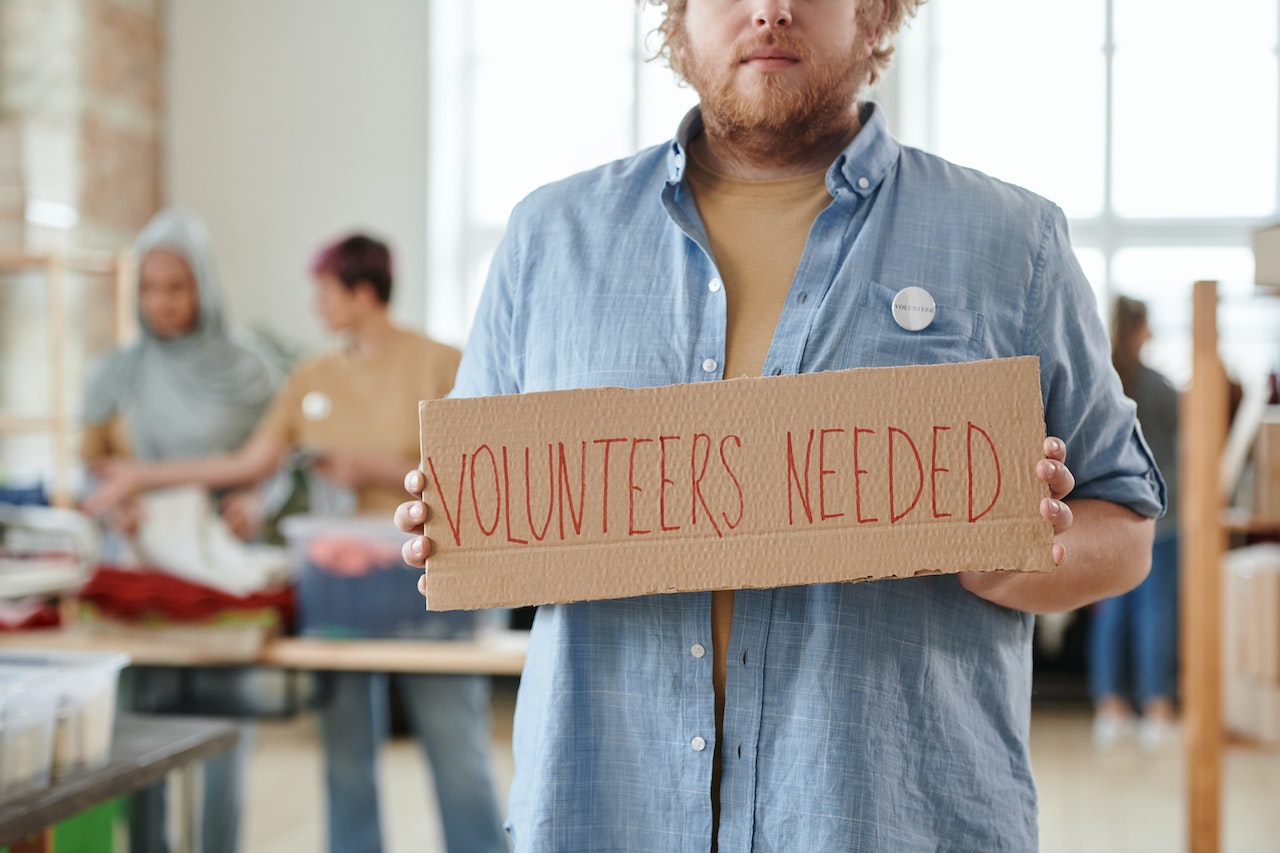Signs of Good Personal Hygiene
Personal hygiene is important to an individual’s physical and mental health.
Basic personal hygiene practices, also known as activities of daily living (ADLs) include:
- Bathing or showering
- Washing your hands
- Trimming your nails
- Brushing your teeth
Hygiene also extends to the cleanliness of your clothing and the tools you use to keep yourself clean. Even the places you clean yourself, like the bathroom, relate to personal hygiene.
Good personal hygiene practices can help keep infection and disease at bay. Hygiene relates to medical conditions such as:
- Athlete’s foot
- Ringworm
- Lice
- Digestive issues
- Scabies
- Urinary tract infections (UTIs)
- Dental issues
Personal Hygiene and Mental Health
People place a lot of value on visual stimuli. If a person appears to have poor hygiene, it can cause them social, professional, and community isolation. Isolation can lead to major depression, social anxiety, and a loss of job opportunities.
Poor personal hygiene also negatively affects self-esteem. If an individual is ostracized in social situations due to their unclean appearance, it can lead to low self-worth.
How Personal Hygiene Affects Dignity
There are many reasons why a person might lose track of their own personal hygiene, including becoming unhoused, struggling with finances, having poor mental health, and becoming incapacitated in a way that makes it harder to perform activities of daily living.
Whatever the cause, when an individual exhibits signs of poor personal hygiene, it can negatively impact their dignity in many different ways.
Poor Self-Image
When an individual presents as unhygienic, it can negatively impact how they see themselves when they look in the mirror. If they don’t like what they see, this can lead to self-hatred or the belief that they are undeserving of health and happiness.
Social Isolation
It is human nature to be judgmental. When someone exhibiting signs of poor hygiene perceives judgment or ridicule from friends, family, coworkers, or even strangers, it can lead to avoidance of social interactions.
Mistreatment
As it is human nature to be judgmental, it is also common for people to avoid or mistreat those they deem unclean. Unfortunately, many people in our society treat those with poor hygiene differently and even negatively.
Promoting and Preserving Dignity
Providing self-care, bathing, and grooming items to those who need help with their personal hygiene practice is an effective way to promote dignity in populations in need.
It is also important to recognize that different cultures and backgrounds may have different ways of viewing self-care and personal hygiene, which should be respected.
As a final note, people who are struggling with their personal hygiene, for whatever reason, deserve dignity, care, and respect.









Leave a comment